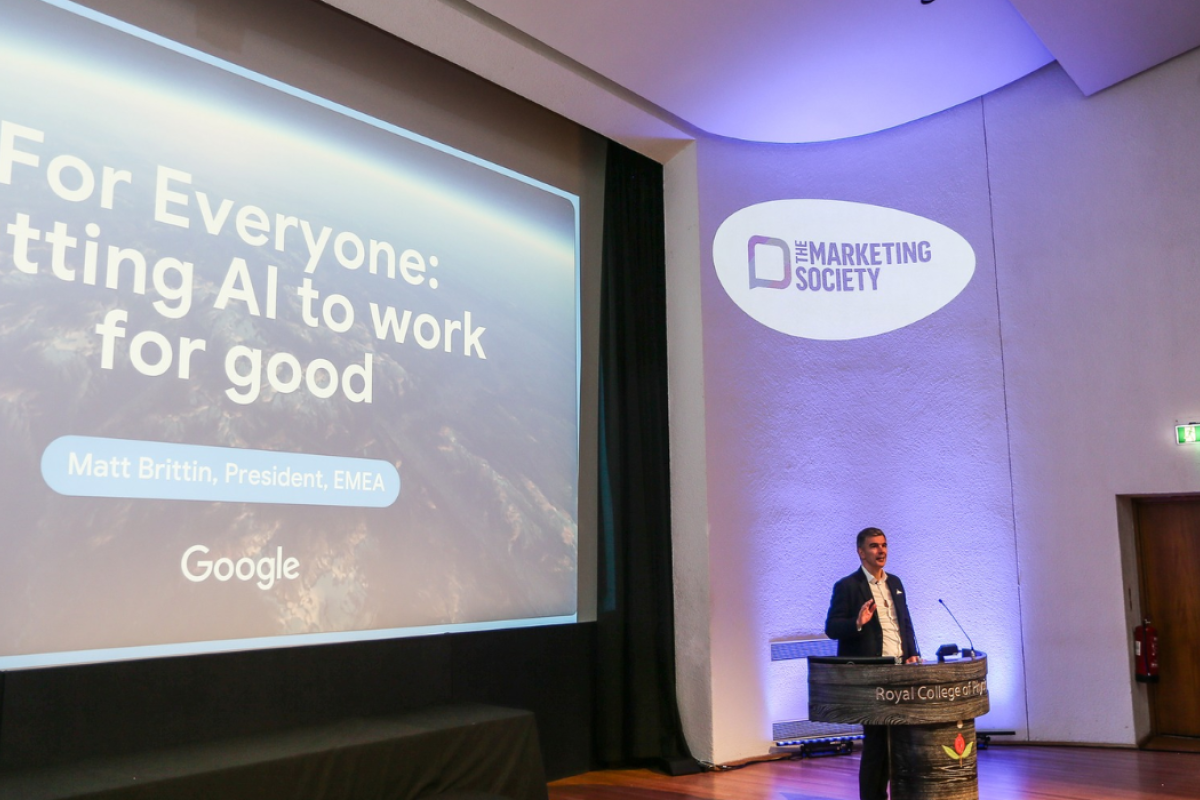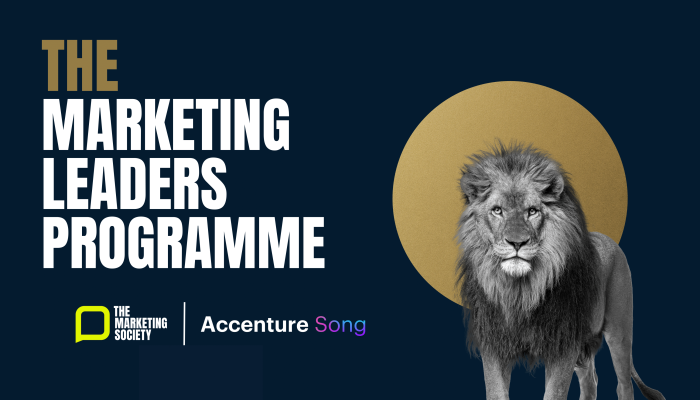Any short speech on AI risks being very thin – there’s just too much to cover; the subject’s too wide; the topics too numerous. And in the packed lecture theatre of the Royal College of Physicians in London, even in the hands of the brilliant Matt Brittin, President of Google EMEA, it’s a challenge. Luckily Matt is articulate, engaging, brilliant and expert. He’s also British, self-depreciating and, seemingly, slightly independent of the Silicon Valley groupthink. More importantly, I believe he got his audience thinking.
We were enlightened with history, data, opportunities and amazing examples of AI usage or applications today and, importantly I felt, not just about marketing. In Matt’s view, like electricity, AI will change the world, but we haven’t even scratched the surface of how, yet.
But my main takeaway was not the amazing technical uses and powerful potential but the possibilities for AI to ‘make us more human’. And so, to the title of this short review. Google’s (own AI-using) Translate function now translates over 150 billion words each day, and the top 3 phrases used within it are … you guessed it: How are you? I love you. Thank You.
From a marketers perspective, the personal observations I took out to inspire and guide us today were all focused around the human side of AI and marketing. Let me share three:
- Understanding People – AI already gives us the potential to understand more about people and faster. Behaviours, data, what works and what doesn’t. When a critical factor in successful marketing is knowing, understanding and having empathy with your audience, then the ability to analyse far more, far faster gives brands the opportunity to be much more effective in their decision making and engagement. As Matt put it; ‘Know the People: Know the Magic; Join the Two’
- Trust & Personalisation – people want personalised engagement. They want understanding, relevance, things that interest and excite them. AI gives us all the chance for more and better personalisation but that only works if we’re willing to share details about who we are and what we like. Which we often don’t want to do.
It’s a bit like a relationship – where one party expects the other to know what they want to do, what they like or don’t, what they’re thinking or why they’re upset, but won’t offer any clues or open up. It all needs trust. So if we want to use AI for better marketing we need to do more to build the trust between brands, people and the technology. This means being open, more honest and not hiding behind the T&Cs or small print.
- AI to make us more Human - If we harness AI well it can make us more creative, more understanding, more thoughtful, more communicative, healthier. Is that ‘more’ human, or ‘better’ human? You can decide.
AI is applied today to vastly increase the accuracy and speed of mammogram analysis to increase detection rates and survival from breast cancer. And to map the 3D structures of proteins, to speed up drug research, at a pace which would have taken PhD students ‘billions of years’. We use it today as our creative accelerator, idea developer, teaching partner, and devil’s advocate sense-checker.
I took away a clear sense that, whilst we all know this is game-changing technology, it works best when human-partnered. AI on its own saw improvements in working efficiency of 20%, but AI combined with human involvement saw improvements of 35%. Like AI itself, we need to be continuous learning models to gain the most from it, and avoid the pitfalls along the way.
Written by Mark Fawcett, CEO and founder of independent brand and social impact agency We Are Futures.
Published on 2 May 2024



